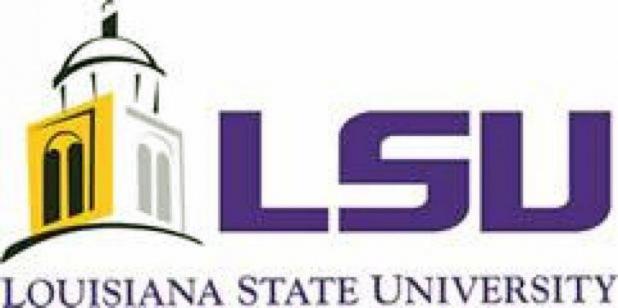
Louisiana Survey shows widespread misperceptions about the state’s income, sales and gasoline tax rates
BATON ROUGE – Researchers in the Public Policy Research Lab at LSU’s Manship School of Mass Communication found many Louisianans incorrectly believe the state income tax rate has increased in recent years (even though it has not). Researchers also found Louisiana residents have misperceptions of the state’s sales and gasoline tax rates.
This data comes from the second of six reports from the Reilly Center for Media & Public Affairs’ 2019 Louisiana Survey, which reveals that half of Louisiana residents think the state’s sales tax is too high. Additionally, 65 percent of survey respondents prefer a mixed approach of increased spending and tax reductions if it looks like tax revenue will exceed the amount needed for the state to pay for its current expenditures.
The Louisiana Survey is aimed at revealing how people from all areas of the state view Louisiana government and its policies. The survey, conducted by PPRL interviewers between Feb. 15 and March 7, polled 917 Louisianans age 18 or older from across the state. The total sample has a margin of error of +/- 4.6 percentage points.
Additional findings from the second of six reports shows:
Substantial numbers of state residents incorrectly believe that Louisiana has increased its tax rates on individual and household incomes in recent years – 46 percent say these tax rates are higher than they were four years ago, and 32 percent say they are higher than one year ago.
Sixty percent of Louisiana residents correctly say that the state sales tax rate is higher than four years ago. However, 40 percent incorrectly believe that the state sales tax rate is higher than one year ago.
Today, 49 percent think the state’s sales tax is too high, up from 32 percent in early 2016. Likewise, the share of people who say the state’s income tax is too high is 15 percentage points higher than in 2016 (40 percent versus 25 percent).
Approximately two-thirds (65 percent) prefer a mixed approach of increased spending and tax reductions if it looks like tax revenue will exceed the amount needed for the state to pay for current expenditures. Nearly one-fourth (23 percent) favor solely increasing spending. Just eight percent only want tax cuts. Taken together, 88 percent of state residents want some degree of spending increases and 73 percent want some degree of tax reduction if there are recurring revenues in excess of current expenditures.
Two-thirds (67 percent) of Louisiana residents support a five cent per gallon increase to the state’s gasoline tax, but only 46 percent back a 20 cent per gallon increase.
Louisianans split nearly evenly between those who believe the combined state and federal gasoline tax is less than it actually is (31 percent), those who believe the tax is more than it actually is (34 percent), and those who do not know enough to guess (35 percent). The average response among those who offered a guess was 79 cents per gallon, more than twice the actual rate of 38.5 cents per gallon.
The Louisiana Survey has been conducted annually for the last 18 years (and twice in 2006), establishing rich longitudinal measures of public opinion in Louisiana. The mission of the Louisiana Survey is to establish benchmarks as well as to capture change in residents’ assessments of state government services. The survey is further dedicated to tracking public opinion on the contemporary policy issues that face the state. Each iteration of the Louisiana Survey contains core items designed to serve as barometers of public sentiment, including assessments of whether the state is heading in the right direction or wrong direction, perceptions about the most important problems facing the state, as well as evaluations of public revenue sources and spending priorities.
The survey is a project of the Reilly Center for Media & Public Affairs, an integral part of the Manship School of Mass Communication. The Reilly Center’s mission is to generate thoughtful programs, dialogue and research about mass communication and its many faceted relationships with social, economic and political issues.
Read the full second report from the Louisiana Survey here: http://pprllsu.com/projects/. The third of six reports from the Louisiana Survey is slated for release on Tuesday, April 9.
For more information, contact smalin@lsu.edu.
LSU’s Manship School of Mass Communication ranks among the top schools of mass communication and journalism in the country, with its robust emphasis on media and public affairs. It offers undergraduate degrees in public relations, journalism, political communication, digital advertising and pre-law; and four graduate degree programs: Ph.D. in media and public affairs, master of mass communication, dual MMC/law degree and a graduate certificate in strategic communication. Its public relations, digital advertising and student media teams frequently earn national recognition, including the 2018 national Bateman Case Study Competition of the Public Relations Student Society of America.
The Reilly Center for Media & Public Affairs is partnership-driven, action-oriented, and dedicated to exploring contemporary issues at the intersection of mass communication and public life. Its interdisciplinary approach draws together experts from diverse fields to advance research and dialogue. The intent is to inspire our communities to think deeply, take action, develop solutions and broaden knowledge. Underlying the Center’s endeavors is to strengthen and advance the Manship School’s national and state leadership in media and politics.
